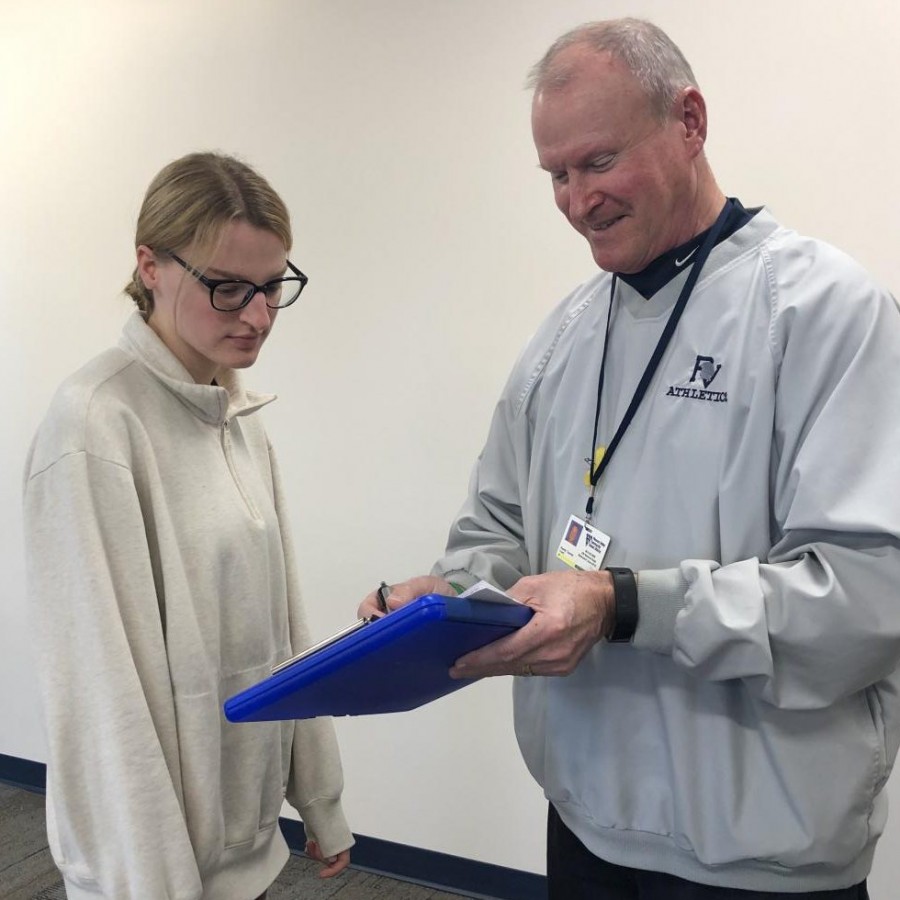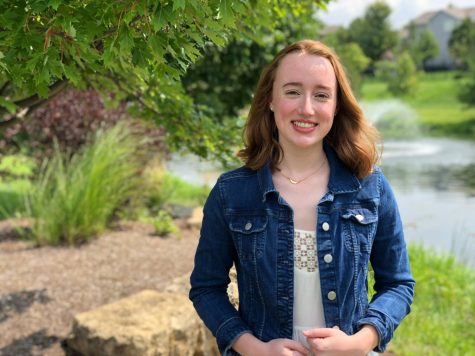Pleasant Valley High School’s detention system is not improving students’ behavior or setting them up for success in the future. Creating a new, effective way to punish misbehaving students will benefit the entire school.
Right now, when a student receives detention, their punishment is sitting in a room quietly while they play on their phones or do homework. This is not an effective way to make students change their ways or feel remorse for what they did to earn the detention. Because the detention is similar to a study hall, many students aren’t afraid to skip or come late to class
Senior Danielle Waldron shared her story regarding the detention she received for being on her phone during Silent Sustained Reading time in the library. Waldron agreed PV’s detention system isn’t useful because many students still engage in the behavior that caused them to receive disciplinary action in the first place.
Waldron’s idea for improved detentions would be to have specialized punishments that allow the student to reflect on their behavior. For example, Waldron would serve a detention where she would be barred from her phone. However, she didn’t feel the need to change her behavior or feel guilty because of the way the detention was structured. “Detentions are a joke because the whole detention was served doing the thing I was accused of,” she said.
PV’s Dean of Students, Randy Teemer, is in charge of handing out detentions and communicating with students about when and how to serve them. According to Teemer, the number of detentions a student receives throughout high school does not go on their transcript. However, students must keep their record free of unserved detention to be eligible for school dances, sports, and even graduation.
Waldron believes PV should create a new policy regarding detentions, which would focus on helping students with their behavior instead of punishing them for their actions. She said, “Quality is important, not just the amount of detentions a student gets.” Perhaps, PV should instead have students complete service work around the school so they can see the difference they make in the community.
Service work would be a way to build students’ character while they benefit their school. This would be a more effective way for misbehaving students to regain respect from their peers and teachers. Also, doing “chores” around the school or helping out a teacher to serve detention hours may guide some students to find a passion for the volunteer projects PV students must complete.
Given a choice, many students would rather leave the detentions as they are. PV senior Sam Hutton has served two detentions and enjoyed the way they were set up. She said, “I would serve them the normal way because there really isn’t a punishment when serving it and it doesn’t feel like you are in trouble at all.”
However, PV is not a student-run school, so it’s up to the school board and faculty to decide what kind of system would work best for the entire student body. Hopefully, if they decide to try out a new system, it will reduce the number of detentions being handed out due to exceptional student behavior and lessons learned while serving them.









